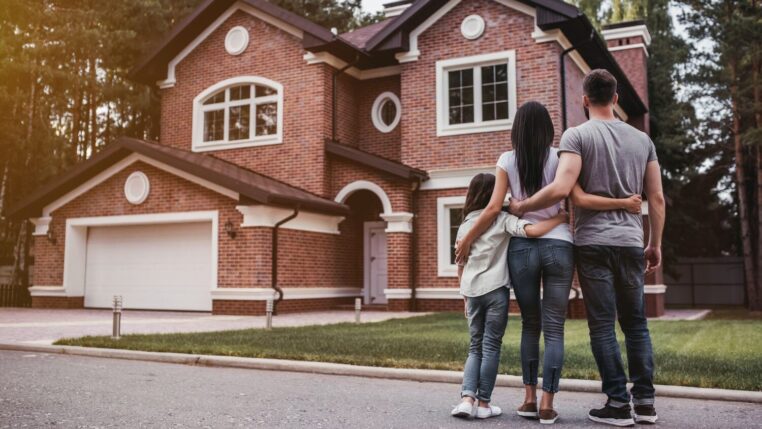Before you begin house hunting, it makes sense to speak to a mortgage broker to get pre-approved for a home loan. Pre-approval is key, so sellers take your offers seriously. Taking these few extra steps will certainly allow you to have more options on the market.
According to the experts at Mortgage Maestro, a Colorado mortgage broker based out of Denver, mortgage brokers use documents like tax returns, bank statements, investment account info, and anything that verifies your income and assets to determine the max loan amount you qualify for based on your credit score, income, debts, and down payment savings.
Down Payment Funds

Save early for your down payment, which is due at closing. Many conventional loans require at least 3-5% down, though first-time buyer programs may allow less. The more you put down, the better the mortgage rates. Have the funds ready in your bank account before shopping so there’s proof-of-funds to close quickly when you make an offer.
Find the Perfect Neighborhood
Deciding on the right city and neighborhood is crucial when buying your forever home. Drive and walk around areas you like and research online about things that matter most like school ratings, average home values, crime rates, proximity to amenities, transportation options, internet reliability, natural disaster risks, and noise levels. Narrow it down to your top neighborhood picks before meeting any real estate agents.
Interview Real Estate Agents
Once you pick target neighborhoods, interview at least 2-3 real estate agents before choosing who to work with. Local expertise is invaluable. Ask about specialties, years of experience, typical clientele, average days homes for sale are on the market, marketing strategies, fees you will owe, and how they support buyers through negotiations and closing. Personality matches count too for such an important partnership.
Outline Your Dream Home Must-Haves

Ideally, a home meets all your needs and wants but focus first on the must-haves appropriate for your lifestyle and budget, then the extra wish list items. Think about size, bedrooms/bathrooms needed, outdoor space preferences, garage space, storage needs, functionality of the floor plan, configuration that works with pets or kids, dated vs updated finishes, etc.
Make a Strong Offer
When you find “the one” notify your agent immediately that you want to submit an offer. They will help you determine an appropriate starting bid based on comparable sales and current market leverage. Your offer contract also outlines desired closing date, amount of due diligence/inspection period, personal property requests, financing terms, and any seller contributions requested for closing costs or repairs.
Negotiate Like a Pro
Expect some negotiating back-and-forth on the purchase price and other terms. Do not take it personally and lean on your agent’s experience for strategies to land the home without overpaying, if possible. Stay firm yet reasonable on concessions like home repairs you really need post-inspections. Know your budget bottom line and where you have wiggle room. Also keep contingency plans ready in case it falls through for your next favorite option.
Inspections & Appraisal

After an accepted offer, you enter the closing phase. During this period, thoroughly vet the property through professional home inspections to flag any issues with the roof, foundation, electrical, plumbing, pests, HVAC, appliances, etc. To that end, budget for repairs or credits. Your lender also sends out an appraiser to ensure the home’s value equals or exceeds your loan amount.
Close and Move In
On your closing date stated in the contract, review documents with your real estate attorney, sign loan papers with your mortgage broker, pay closing costs and down payment (roughly 3-6% of home price), then get your keys.
With strategic preparation, savvy negotiations, and a little luck, you will secure the keys to your dream home and embark on an exciting new chapter creating memories in the perfect space to call your own.
